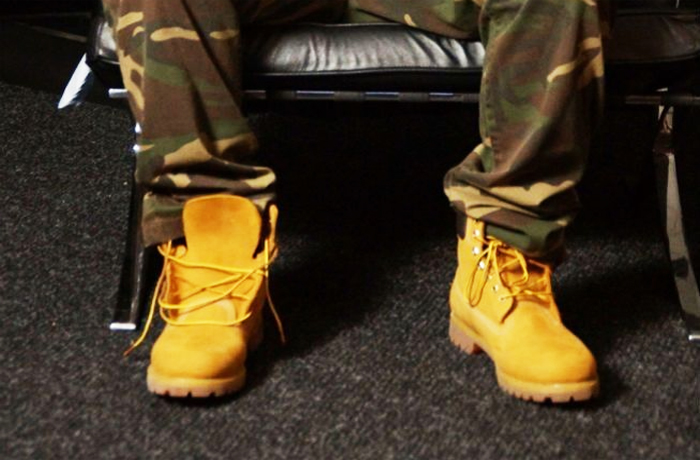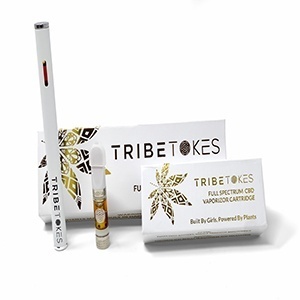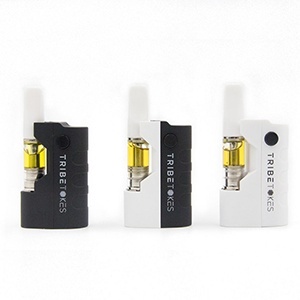
Timberland can thank Hip-Hop for its contribution to their Billion Dollar Brand.
Many brands have benefited from Hip-Hop and the artists that make up this genre of music. The large majority of the artists in Hip-Hop are from areas of the country where people worked many hours and for not much in return.
In the early ’90s Hip-Hop began to make its mark in the music industry, and people started to paying more attention to the impact the young genre was making. Many brands that have benefited from this influence are: Polo Ralph Lauren, Tommy Hilfiger and Gucci. Many of these brands made it public that they did not make its products for Black people. The same Black people that increased the bottom lines of the brands.
The impact that Hip-Hop had on Timberland is incredibly significant. What makes a brand appeal to people? It is often the price but more often than not, it is the person they value who the see wearing the brand.
In the United States, the Timberland boot is widely recognized as a fashion staple. This is not how the shoe company started. The Abington Shoe Company as it was known as from 1933 to 1978 made boots for factory and construction workers in New England. In the early ’90s, many in hip-hop on the East Coast began wearing the boot, and sales began to climb significantly.
It is said that hustlers began wearing the boot because it held up well in the hard winter conditions in the North East. You even had artists like Nas, The Notorious B.I.G. and duos like Mobb Deep infusing the Timberland brand into their rhymes.
“At the time, hip-hop wasn’t mainstream and the strength of Black spending was often overlooked by marketers. Throughout Timberland’s rise, its executives would learn to both respect and embrace their evolving consumer base, which would change the trajectory of the brand forever.”
Busta Rhymes is another artist that promoted (not sure if he was compensated) Timberland. He would customize the boots to match whatever he was wearing at red carpet events. At the same time Timberland sales went through the roof Between 1990 and 2000. Timberland gross profits went from $80 million to $500 million with revenue topping $1 billion. You read that right, $1 billion.
During this same period, then Executive Vice President of Timberland, Jeff Swartz would say something in an interview with the New York Times that would temporarily shake the relationship with the Black community.
[jwplayer player=”1″ mediaid=”131211″]
“If you hear that hip-hop kids a wearing Timberland boots and women are wearing TImberland boots with sun dresses at a Donna Karen fashion show, that’s coin in current dollars. But how in the world is that sustainable?”
Swartz and Timberland received backlash from his comments. He reported that the stock of Timberland took a hit as a result. There was not much more in the way of an explanation about his comments.
In 1993 studies showed that spending power of Black was at $282 Billion. In a more recent study done by Black Enterprise the number have growth and will continue into 2021. “Black buying power currently stands at over $1.1 trillion and is on the road to hit about $1.5 trillion by 2021.”


















